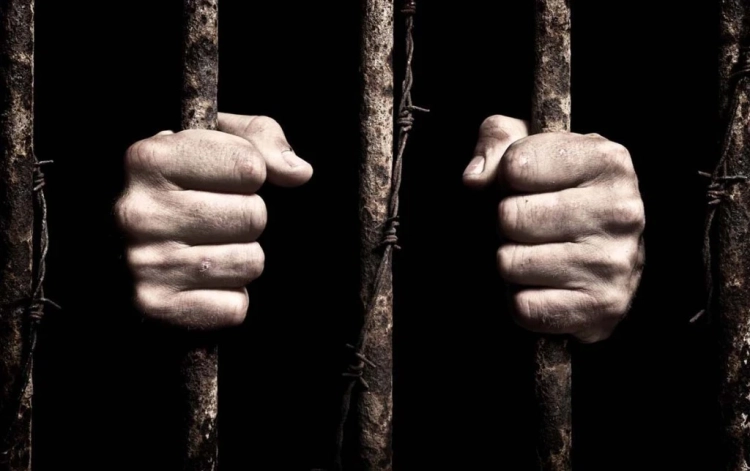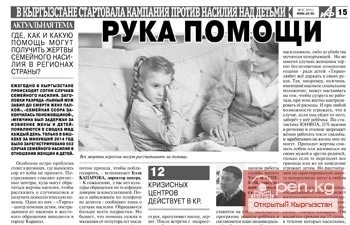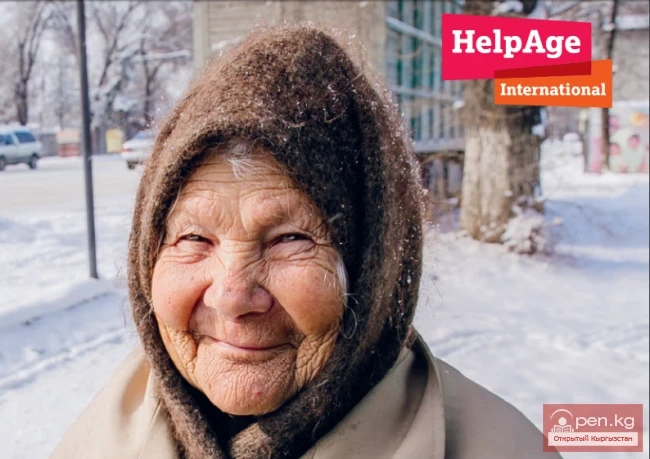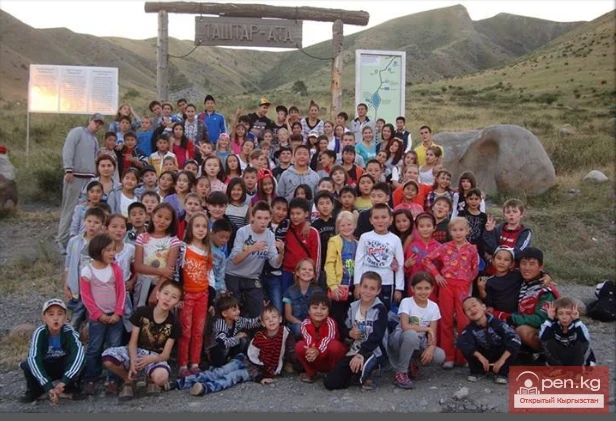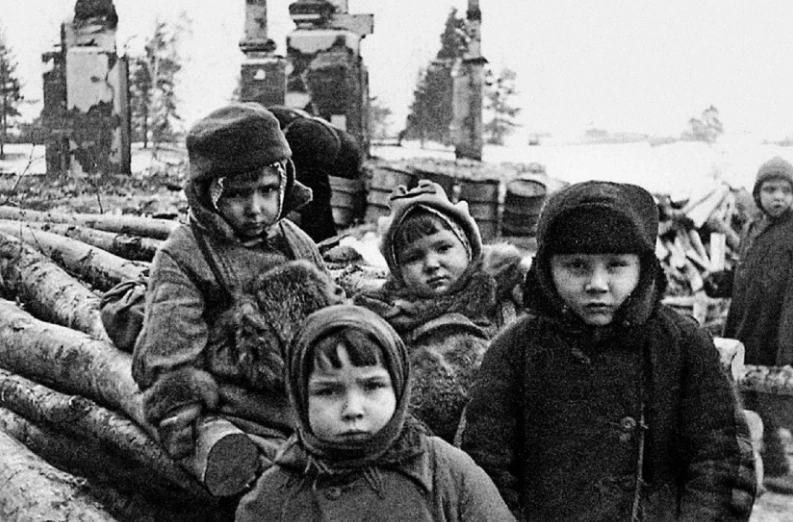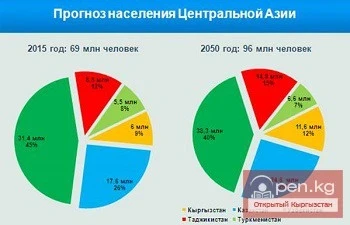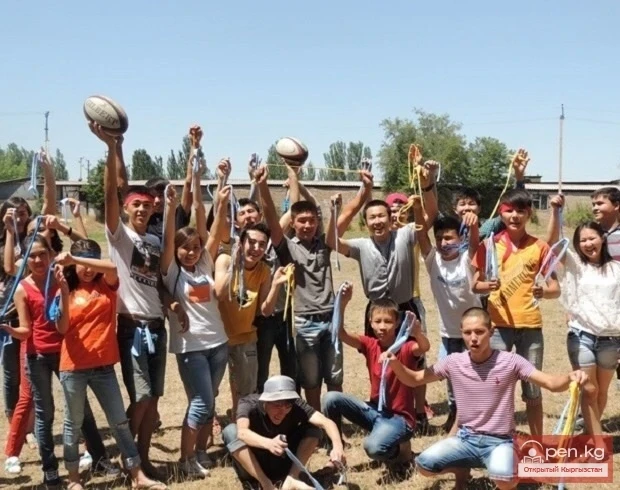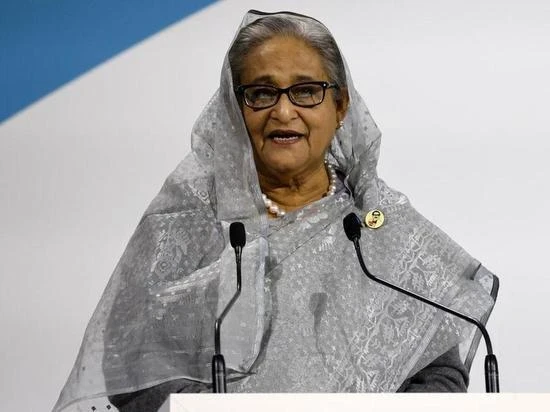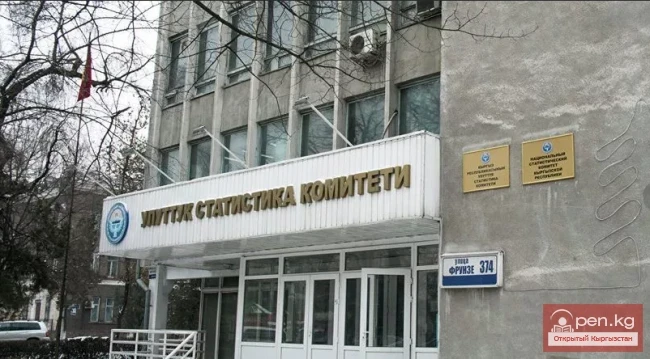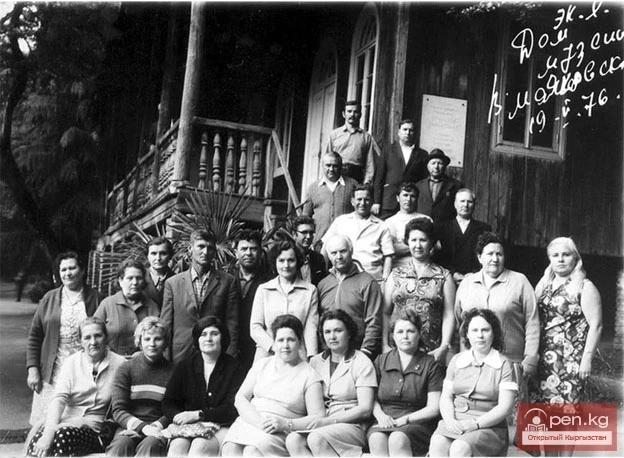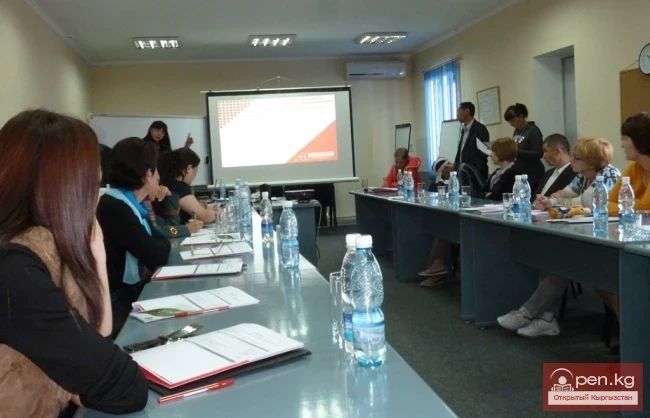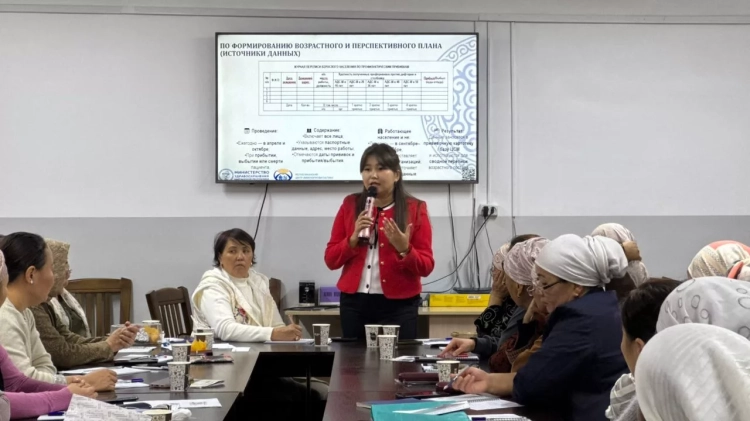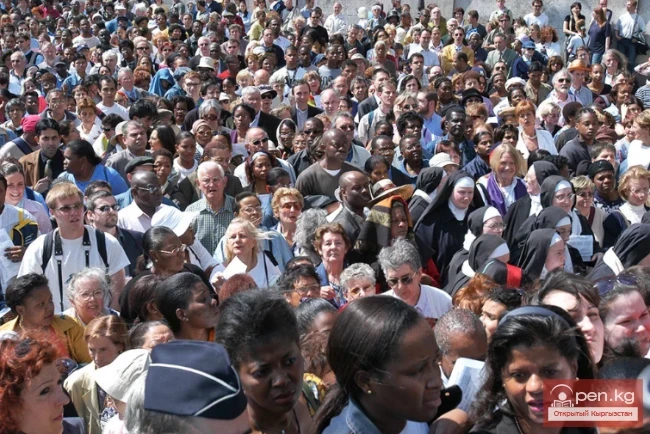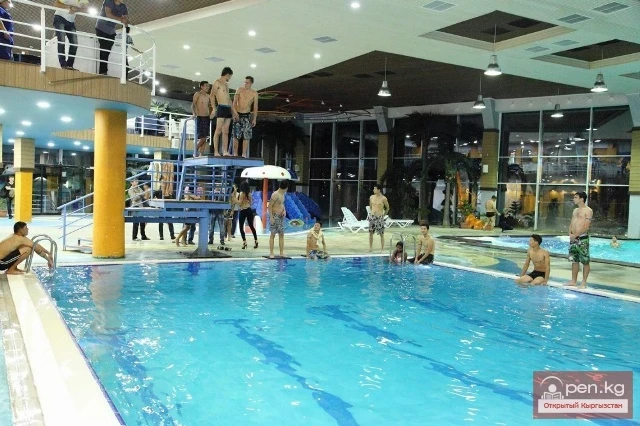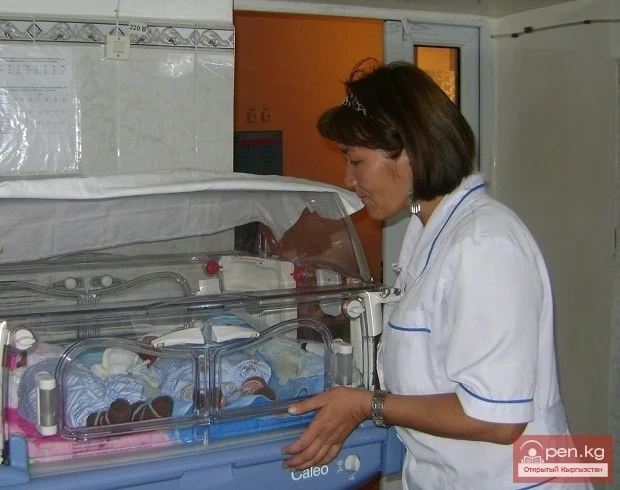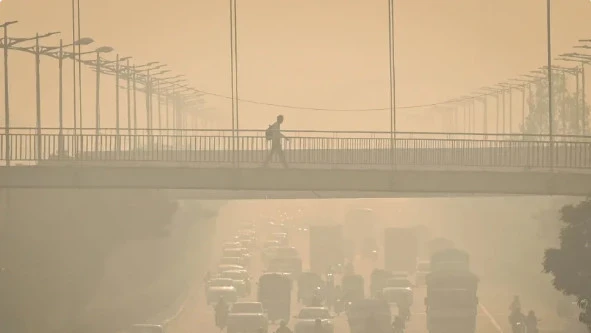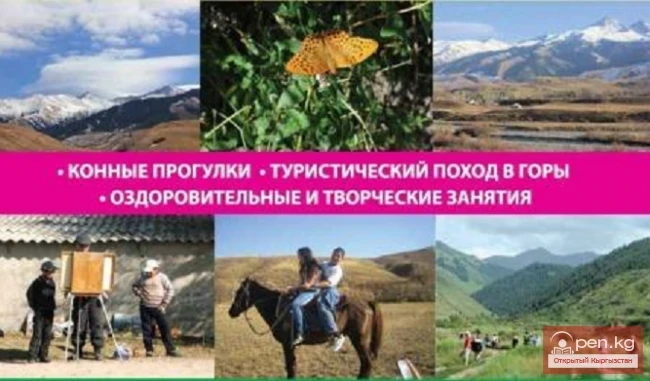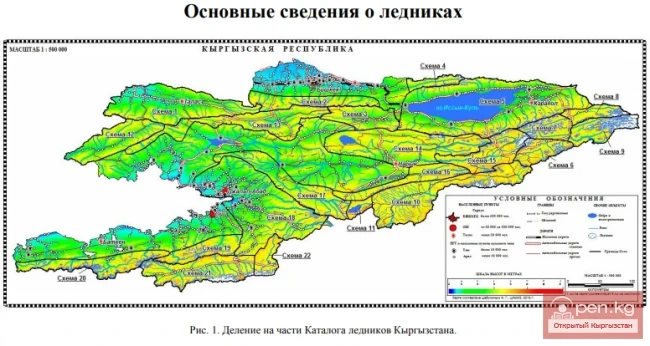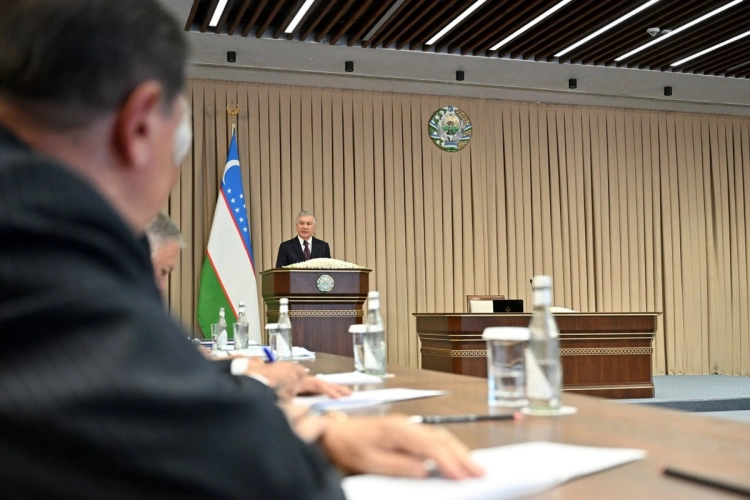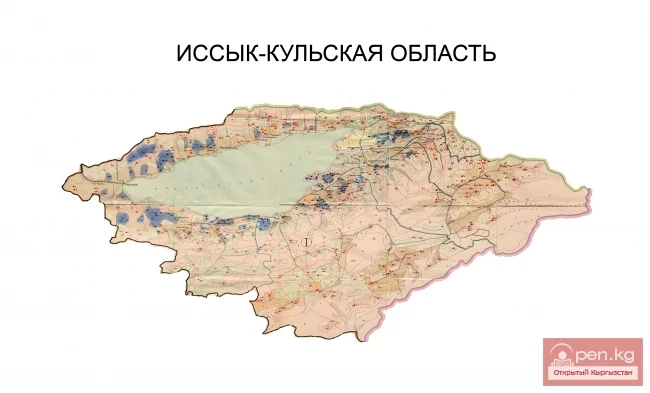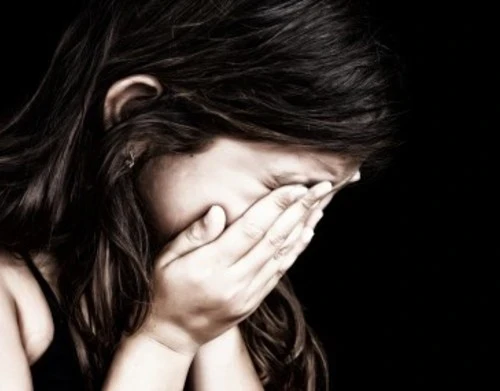
Children's organizations report that 5 million children in Europe face sexual violence every year.
According to Childlight's research, conducted in 33 European countries, every 15th child has faced rape or sexual assault.
Of these, about 4.7% reported experiencing rape before the age of 18, and 7.4% became victims of sexualized violence. Among girls, this figure is 9.7%, while among boys it is 3.9%, as reported by Euronews.
About 7.6% of children encountered sexual violence from family members before turning 18. In 2023, child support services recorded over 33,000 inquiries (33,261) regarding sexual exploitation and violence.
The report discusses how child service workers document and systematize all inquiries (calls, messages, etc.) in their databases.
The highest number of sexual violence incidents was recorded in the Netherlands — 5,819 cases, while the UK became the leading country for “sexual exploitation and violence against children using technology.”
Ireland ranked first in the number of cases of commercial sexual exploitation (offline) — 227.
However, the issue of online violence is becoming increasingly relevant.
Against the backdrop of a global rise in abuse cases driven by artificial intelligence, from 2023 to 2024, their number increased by 1,325%. Approximately one in five children in Europe encountered unwanted sexual content in the past year.
Additionally, one in seven children reported unwanted sexual contacts online or pressure during the same period.
Web platforms located in the Netherlands account for 60% of reports regarding materials related to sexual violence against children, and this country also has the highest reporting rate per 10,000 people (880.9 reports/notifications), followed by Slovakia (193.7) and Lithuania (190).
“We urge countries to protect children's interests and adopt laws that empower regulatory bodies to establish safe standards for children in the online space, taking into account gender and inclusive aspects, as well as consequences for non-compliance with these standards,” the report states.
[b]Why have the Netherlands become a center for the distribution of child pornography online?[/b>
Childlight explains the high rates in the Netherlands by several factors:
— the country's status as a global data processing and internet exchange hub,
— its openness and the scale of its hosting market,
— as well as possible differences in hosting business models and closure procedures.
In 2024, the Dutch Senate approved a new law requiring hosting companies to remove materials containing elements of sexual violence against children — the Eradication of Online Child Pornographic Material Act. Non-compliance with this law can result in fines of up to 10% of the company's turnover for repeated violations.
These new measures will be complemented by the recent entry of the Netherlands into the Global Online Safety Regulation Network, which includes countries such as the UK, France, South Korea, and Australia, aimed at improving cooperation between regulatory bodies.
Furthermore, in 2025, the Dutch police conducted two large-scale operations against online sexual violence against children. One was aimed at combating AI-generated content, while the other led to the closure of Kidflix, a platform for pedophiles with nearly two million users. This operation, which resulted in the arrest of 79 individuals and the identification of nearly 1,400 suspects, was described by Europol as the largest historical fight against child sexual exploitation.
[b]Will the EU tighten control over private chats to combat abuse?[/b>
Since 2022, EU lawmakers have been seeking to enhance oversight of sexual violence by proposing stricter online monitoring.
In particular, one provision of the chat control bill suggests that messaging apps like WhatsApp, Telegram, and Signal will be required to scan encrypted conversations for images, videos, and links that may contain materials related to child abuse.
However, in the latest round of negotiations, participating countries were unable to reach an agreement, citing concerns about privacy and the potential for “mass surveillance.” Germany expressed a firm “no,” stating that chat control “should be taboo in a rule of law.” The Netherlands also opposed this bill, while Bulgaria, Denmark, France, Hungary, and Ireland supported it.
[b]How does Europe compare to South Asia?[/b>
The Childlight report also examines the situation in South Asia, where an estimated 12.5% of children have experienced rape or sexualized violence. As in Europe, this percentage is higher among girls (14.5%) compared to boys (11.5%). In this region, India, Bangladesh, and Pakistan account for 4.5 million reports of sexual violence against children.
However, the highest rate per 10,000 people is observed in the Maldives (94), followed by Bangladesh (64) and Bhutan (41).
